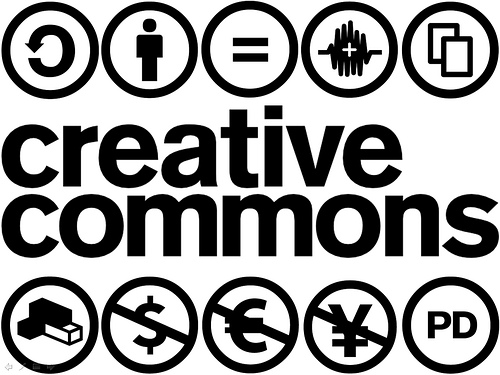Creative Commons was invented to create a more flexible copyright model, replacing "all rights reserved" with "some rights reserved" model. Creative Commons license allow creators to keep some rights they and they waive certain rights for the benefit of recipients or other creators. Wikipedia is one of the notable web-based projects using one of its licenses.

Creative Commons has been described as being at the forefront of the copyleft movement, which seeks to support the building of a richer public domain by providing an alternative to the automatic "all rights reserved" copyright, dubbed "some rights reserved. This lisence contributes to the re-thinking of the role of the "commons" in the "information age". Creative Commons has provided "institutional, practical and legal support for individuals and groups wishing to experiment and communicate with culture more freely. Creative Commons works to counter what the organization considers to be a dominant and increasingly restrictive permission culture.
Creative Commons 3.0 permit sharing, copying, adapting, remixing, distributing, transmiting the work under following conditions.
Attribution — You must attribute the work in the manner specified by the author or licensor (but not in any way that suggests that they endorse you or your use of the work).
See
http://www.creativecommons.org
 ශිල්ප 64
ශිල්ප 64